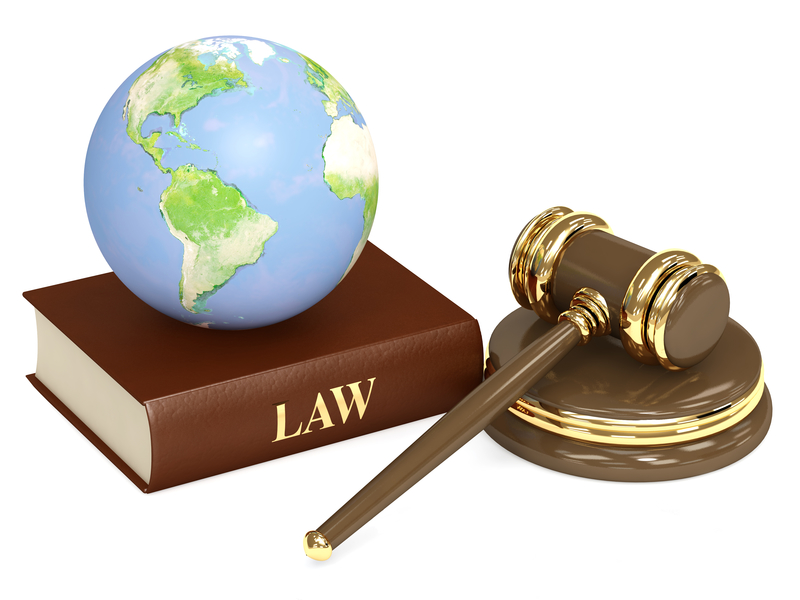Environmental Audits: Is the House in Order?

Many businesses, including manufacturing facilities, hospitals and other health care providers, wastewater treatment facilities, and service providers, among others, regardless of size, spend considerable resources to ensure that key aspects of their operations are in proper order. The focus is typically on maintenance of proper books and records, periodic auditing of financial and tax records, and compliance with occupational health and safety laws and employment and labor laws. But, another key aspect of business operations concerns environmental compliance and maintenance of environmental records. Over the years, the volume of environmental laws has become extensive. Notably, businesses that store petroleum products may have to determine whether they need spill prevention control and countermeasure plans. Typically, such plans must be periodically updated. Other businesses may need to develop and implement emergency spill response programs. Businesses that dispose of hazardous wastes may need to obtain EPA Identification numbers and waste discharge permits, including a discharge permit from the entity that owns the local publicly operated wastewater treatment works (POTW). Also, all of these businesses need to maintain records relating to the purchase and disposal of regulated substances, including the types and volumes of these substances.
Dealing with the vast array of federal, state, and local laws, and the regulations associated them, can be challenging, and if a violation occurs, the amount of valuable time, money, and other resources to address it could be substantial. Significantly, the sanctions for a violation could be very unfavorable and include both civil and criminal sanctions. Trying to sift through this legal and technical maze on your own can prove very risky. One approach businesses should consider to reduce the likelihood of a problem is to conduct an “environmental audit.” Much like with safety and financial audits, an environmental audit can help identify whether compliance with applicable environmental laws is being maintained and, if not, the corrective measures that should be taken. In other words, these audits, which should be conducted periodically, can allow a business to determine whether its “environmental house” is in order before potentially serious trouble occurs.
The environmental legal team at Norris McLaughlin can help you develop and maintain a solid environmental audit program and develop any plans and programs necessary to help you achieve and maintain environmental compliance. To learn more about this post or any other environmental matter, please feel free to contact me at jlushis@norris-law.com.


